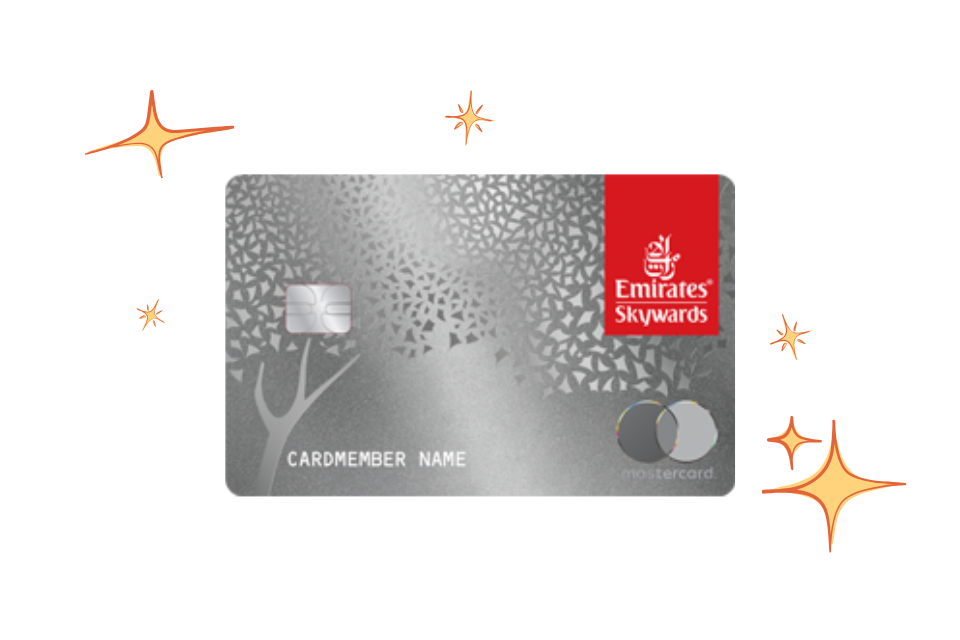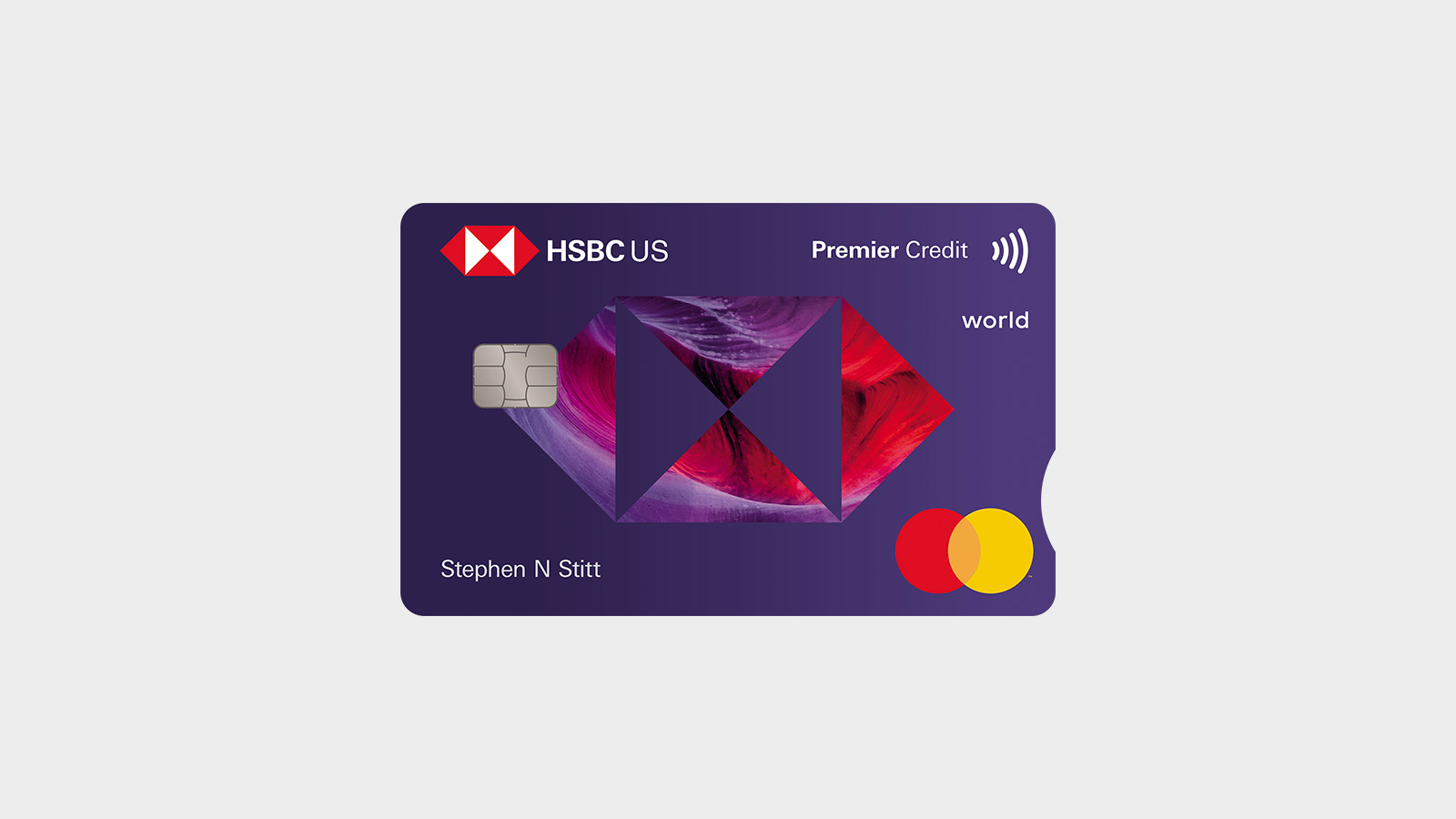The Impacts of Interest Rates on Credit Cards and How to Avoid Them

The Impact of Interest Rates on Your Financial Well-Being
The world of finance can feel overwhelming, especially when it comes to understanding how interest rates affect your personal financial health. Interest rates play a pivotal role in shaping not just the amount you owe on credit accounts, but also your entire financial strategy, influencing everything from savings to investments. Grasping the nuances of how interest rates operate can empower you to make informed decisions that enhance your financial standing.
When it comes to credit cards, a common financial tool, the reality of variable interest rates can lead to unexpected financial challenges. Consider a scenario where you have a credit card with a 20% interest rate: if you carry a balance of $5,000, even just making the minimum payment can lead to substantial interest charges over time. Here are several significant impacts of high interest rates:
- Higher Monthly Payments: When interest rates rise, so does the amount you need to pay each month. This can strain your budget and make it difficult to cover other essential expenses.
- Increased Debt Load: If you find yourself consistently carrying a balance, the interest adds up, meaning you owe more than you initially charged. Over time, this can create a snowball effect, where your debt grows exponentially.
- Long-term Financial Damage: The principle of compounding interest can be detrimental. As interest accrues, you face a rising debt burden that can take years to clear, hindering your ability to save for important goals like a home, education, or retirement.
Fortunately, you don’t have to succumb to these negative consequences. By taking proactive steps, you can effectively manage and even mitigate the impacts of high interest rates:
- Shop for Lower Rates: Don’t be afraid to shop around for better interest rates. Many credit card issuers offer promotional rates for new customers, which can help ease your financial burden if you transfer existing debt.
- Pay More than the Minimum: Making even small additional payments can dramatically decrease the total interest you pay over time. This not only will help clear your debt faster but also free up your cash flow for other financial goals.
- Build Good Credit: A solid credit score opens doors to lower interest rates, creating a positive feedback loop. Manage your bills on time and maintain low credit utilization to strengthen your score.
Empower yourself by implementing these strategies. Each small step can lead to substantial gains in your overall financial wellness. Remember, you have the ability to take control of your financial situation. The choices you make today, whether it’s seeking lower interest rates or paying down debt, can pave the way for a more secure and prosperous tomorrow. Start your journey towards financial freedom now, and watch as your efforts bear fruit in the long run.
DISCOVER MORE: Click here to learn about choosing profitable affiliate programs
Understanding the Mechanics of Credit Card Interest Rates
To navigate the financial waters effectively, it’s essential to grasp how interest rates function, particularly regarding credit cards. The interest rate is essentially the cost of borrowing money; it’s what credit card companies charge you for the privilege of using their funds. When you fail to pay off your balance in full each month, you can easily find yourself at the mercy of these rates, especially if you’re dealing with a credit card that boasts a high percentage. The implications of this can be staggering.
When you carry a balance on your credit card, every month that you do not pay it off in full, you will incur interest charges that are added to your principal amount. This can create a cycle of debt that feels impossible to break. For example, if you have a balance of $4,000 on a credit card with a 24% interest rate, you might end up paying more than $960 in interest each year by only making the minimum payments. This scenario can feel suffocating, and many have experienced the frustration and anxiety that accumulates from holding onto debt.
The True Cost of High Interest Rates
Understanding the true cost of high interest rates is an essential first step towards financial autonomy. High interest rates do not only affect your credit card balance; they impact your overall financial health and emotional well-being. Here are a few significant ways in which high interest rates can harm you:
- Financial Stress: Carrying high-interest debt can contribute to anxiety and stress. It often leads to sleepless nights, worrying about how to pay off the growing balance and cover other bills.
- Opportunity Cost: Money spent on interest payments is money that could have been used for productive purposes, such as savings or investments. When you’re trapped in a cycle of high-interest payments, you miss opportunities to build wealth.
- Limited Financial Flexibility: High debt expenses can limit how you allocate your income. It often forces you to make difficult choices between essential expenses, like groceries and utilities, and paying off debt.
Despite these challenges, knowledge is power, and you have options to combat the excessive toll that high interest rates can take on your finances. Making conscious and responsible financial decisions can set you on a path to regaining control over your financial life.
In the coming sections, we’ll explore actionable strategies that can help you minimize the negative impacts of interest rates on your credit cards. By taking the time to understand your financial choices and implementing smart habits, you’ll be positioning yourself for a brighter, more secure financial future. It’s never too late to turn the tide and start building a healthier relationship with your finances.
DIVE DEEPER: Click here to uncover the secrets to a successful entrepreneurial mindset
Strategies to Combat High Interest Rates
While high interest rates on credit cards can have a profound impact on your financial situation, there are effective strategies that you can employ to mitigate these negative effects. By taking proactive measures, you can regain control over your credit card debt and pave the way toward a healthier financial future. Here are some actionable strategies:
1. Choose the Right Credit Card
The first step towards managing interest rates effectively is to select a credit card that aligns with your financial habits. When considering credit cards, look beyond just the rewards or cash back offers. Pay close attention to the Annual Percentage Rate (APR). Some cards offer introductory 0% APR on purchases and balance transfers for a limited time, which can be a great way to pay down debt without accruing interest. Additionally, low-interest or secured credit cards can provide a safer alternative for those looking to build or rebuild their credit history.
2. Pay More Than the Minimum
One of the most effective ways to combat the burden of interest is to pay more than the minimum balance each month. Even small additional payments can substantially reduce the amount of interest you pay over time. For instance, if you typically pay $100—the minimum—try to budget in an extra $50. This seemingly modest increase can help decrease your principal balance, which in turn reduces the interest calculated on your future payments.
3. Set Up a Payment Plan
A clear plan can make a significant difference in how you manage your credit card debt. Consider utilizing the snowball or avalanche methods for paying off multiple credit cards. The snowball method involves focusing on paying off your smallest balance first, providing a psychological boost as you see debts disappearing. Conversely, the avalanche method targets the card with the highest interest rate first, ultimately saving you more money in interest payments over time.
4. Negotiate with Your Credit Card Company
Many consumers don’t realize that negotiating directly with their credit card company can lead to lower interest rates. If you’ve been a loyal customer with a good payment history, don’t hesitate to reach out and ask for a lower APR. You might be surprised at how often companies are willing to accommodate such requests, especially to retain valued customers.
5. Educate Yourself on Financial Literacy
Lastly, investing time in financial literacy can yield remarkable dividends. Understanding terms like compounding interest, credit utilization, and payment hierarchies can empower you to make informed decisions. Resources such as financial workshops, online courses, or informational blogs can equip you with the knowledge necessary to navigate and master your finances effectively.
By implementing these strategies, you open up opportunities for a more sustainable and manageable relationship with credit cards. Remember that the aim is to not only survive high interest rates but to thrive despite them. A little dedication to managing your debt can lead you towards a path of financial independence, allowing you to focus on building a bright future rather than being held back by past choices.
DISCOVER MORE: Click here to learn about sales funnels
Conclusion
Understanding the impacts of interest rates on credit cards is essential for anyone navigating their financial journey. High interest rates can lead to overwhelming debts, but with knowledge and action, you can master your financial path. By selecting the right credit card, making more than the minimum payments, and employing effective payment strategies, you can take charge of your credit card debt and work towards financial freedom.
Additionally, Never underestimate the power of negotiation with your credit card company. A simple conversation can sometimes lead to significant reductions in your interest rate. Coupled with financial literacy, these strategies empower you not just to cope with high interest rates, but to thrive despite them.
The journey to financial independence requires effort and commitment, but every small step counts. By embracing the tools and techniques available to you, you can transform challenging debt into a manageable part of your financial landscape. Remember, the goal is not merely to survive the burden of credit card debt but to foster a responsible and informed relationship with your financial resources. With determination and a proactive mindset, you can emerge stronger and pave the way for a brighter, more secure financial future. Take charge today, and let your choices lead you to the stability and independence you deserve.



